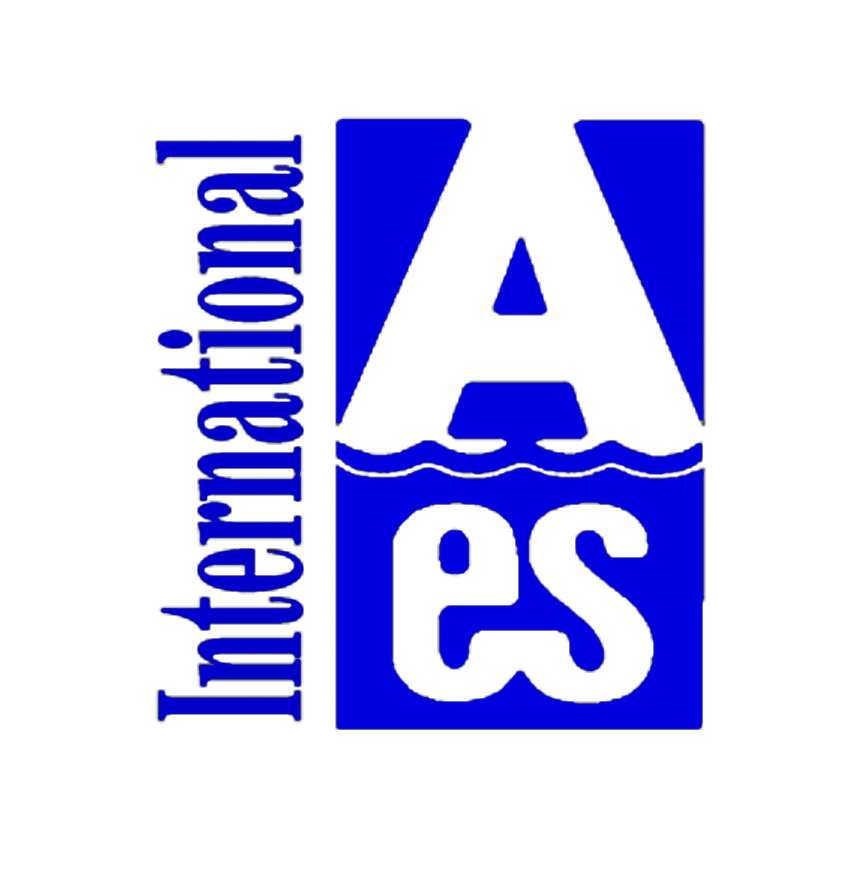June
Professor Gary D. Ferrier
University of Arkansas
Why did you become a member of the International Atlantic Economic Society?
I first became aware of the International Atlantic Economics Society through one of its journals, the Atlantic Economic Journal. My macroeconomics professors in graduate school, Arthur Benavie and Richard T. Froyen, assigned articles from the AEJ. One of my microeconomics professors, Ralph W. (“Bill”) Pfouts, a man I deeply respected, was a past president of the IAES (1977-1978). He also raised my awareness of the IAES. Once I was out of school and could afford to attend conferences, Joseph P. Hughes (past president, 1997-1998) and David Vanhoose (former editorial board member of the AEJ) renewed my awareness in the IAES and I began attending conferences. I have enjoyed the conferences tremendously—attendees come from all over the world, research topics cover a wide range of interesting areas, the keynote and presidential addresses are great, and the locations are very attractive. I guess I came to the IAES though my connections with the University of North Carolina and stayed because of all of the great things that the IAES has to offer.
What types of projects/research are you currently working on and what inspired/motivated you to pursue these interests?
I’m currently working on projects that generalize the direction distance function and productivity measures. The inspiration came from thinking about the impact of model restriction on estimated results. For example, when working with directional distance function one must choose the direction in which an observed data point is projected to the frontier of the technology. It could happen that in one direction a point in closed to the frontier, but in another direction it could be rather far from the frontier—efficiency measures could differ considerably depending on the direction of projection chosen by the researcher. Finding the “optimal” direction in which to project a data point assures that observations are not penalized because of the researcher’s (perhaps arbitrary) choice of direction.
What advice would you give to someone who is considering entering your line of work/field of study?
First, I would warn them that economics is a tough field—it’s hard to find research topics that are novel and interesting, the job market is very competitive, and the road to tenure will make graduate school seem easy. (Have I scared everyone off?) Second, I would advise people to follow their interests. Is it labor markets, health care issues, interests rates? It’s much easier to devote considerable time to working on something if you care deeply about it. Third, study econometrics—know the models, know when and when not to use them, know what’s on the cutting edge but don’t ignore the “classics.” But above all, know how to interpret your econometric findings—both their econometric and (more importantly) their economic interpretations. If your estimated coefficient is statistically significant, so what? What does it mean economically—how does it affect behavior, policy, etc.? Finally, I would advise you not to worry to much about things you can’t control and enjoy what you are doing. You chose this field because you have a deep interest in it, so revel in the opportunity to study, to teach, to learn.
Going forward, what other projects/research are you looking to or hoping to pursue?
I have been doing some rather technical work that includes empirical applications. I would like to return to examining some empirical issues using some sophisticated techniques. A reversal of emphasis.
What’s your favorite hobby?
I like to cook (and eat) and to travel. The two often go hand in hand—traveling to a new local restaurant, a new region of the US, or a new country introduces me to new ingredients, new ways to use them, and new dishes. Food is a great way to start conversations—in markets and restaurants; I enjoy finding out about new ingredients and preparations and the “locals” are usually very happy to share their knowledge with me. Cooking and travel can also open a window to economic insights. Why are particular foods consumed? Why are they cooked a particular way? How did trade affect food production and cuisine?


